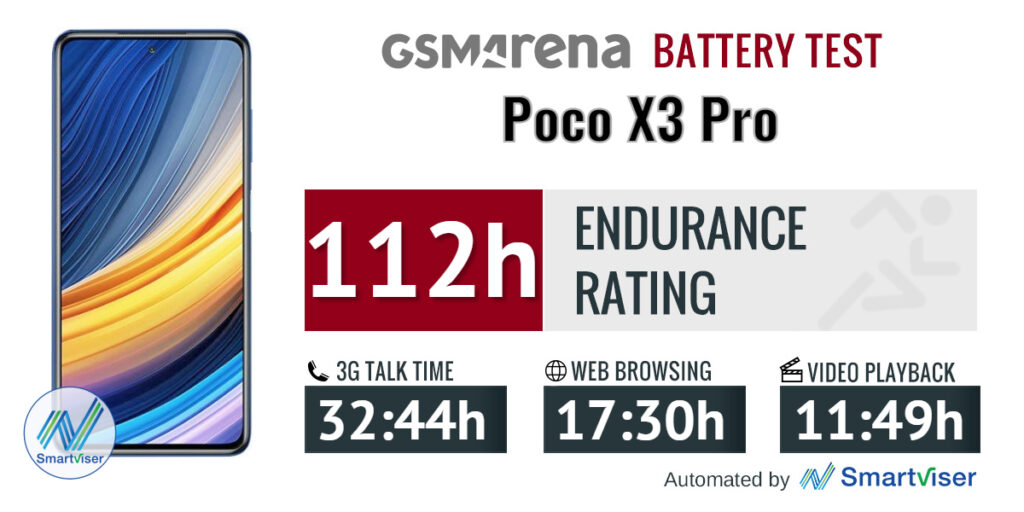The Big Debate Between Woocommerce and Magento
If you’re an e-commerce merchant, chances are you’ve come across Woocommerce or Magento at some point of your life. You’ve probably heard many people recommend both Woocommerce and Magento as shopping cart platforms. What are the differences and similarities if they’re both seemingly similar e-commerce platforms – or are they? There are actually many practical differences that can make the best choice clear when one examines each platform.
Main Difference Between Woocommerce and Magento
- Woocommerce – It’s an e-commerce platform running on WordPress which is a website builder originally meant for blogging. However. Woocommerce has grown to be a trusted e-commerce plugin for a lot of online merchants and is the most popular e-commerce platform across the entire web.
- Magento – Unlike Woocommerce, Magento is actually a dedicated e-commerce platform in its own right, so its setup is more specialized and naturally intended for serious online merchants and professional coders.
What type of online merchant are you?
Instead of simply comparing different features of the platforms, it would make more sense to you as an online merchant if you narrow down what is it you want and expect out of an a e-commerce platform. This article can help you fine-tune your choices by following the list of pointers below:
- Ease of Use – Are you more versed in the entrepreneurial side of e-commerce rather than the coding part of it? What if you simply don’t have a lot of time in your hands but you still rather set up your website in a fast and efficient way? Then Woocommerce is ideal for starters since its original platform is intended for bloggers, customizing and adding additional features to your online store is a breeze. Magento also has easy to use customizable features but since it’s more of a dedicated platform, beginners would benefit more in coordinating with a Magneto professional, as they can make most of Magneto’s more complex platform.
- Variety of Features – This is a tough call since both offer a lot of helpful plugins and extensions that can enrich the features of your online store. Again, if you’re a beginner and a small-scale online merchant, Woocommerce is more ideal for you because of its ease of use and tons of plugins and extensions for you to utilize without needing to be a coding ninja. With Magento, there are also many options in features and extensions but if you’re a medium to large sized merchant and want to utilize every bit of Magneto, then consider hiring a professional as it can get quite complex and often times required custom coding. In fact, Magento is more suited for larger businesses and even mega-corporations. You can find on their website the list of corporations that utilize Magento such as Burger King, Ghirardelli, and even Coca-Cola.
- Hosting Requirements – This actually depends on your hosting provider. For small businesses, teaming up with an affordable hosting provider would be sufficient for your data needs. That being said, Woocommerce is perfect for sites that receive less traffic but if you see your traffic is increasing at a steady rate as your business expands, then Magento can accommodate such loads but you need to have a relatively pricier dedicated server that can handle such traffic. Don’t be too surprised by this since it’s totally natural when your business expands, it costs extra to run more expensive hosting environments so that your customers can navigate your website without any lag.
- Range of Plans and Pricing – Both e-commerce platforms offer freemium plans, and a small-scale business on a budget can benefit from both Woocommerce and Magento. But then again, as operations expand, Magento is the proper choice for you as their pricier plans offer a lot more services and enterprise-level features. Even if you stick to just Woocommerce, costs won’t exactly be free since you also have to pay for hosting provider fees and any required updates or customizations. You will also see your upkeep costs increase as your site load increases. As stated above, eventually you will need to move to a dedicated server to accommodate your data traffic if your store really takes off.
- Security – Security. Security. Security. For obvious reasons, an online store is going to be dealing with tons of sensitive information from contact info, addresses, as well as credit card information. No matter what size your business is, you ideally want maximum security you can afford on your website to ensure your customers that your online store is safe to conduct transactions and to share your sensitive info with. In this case, Magento is the clear winner here because of its specialized platform. It is a platform dedicated to selling and as such, it is a bit more reliable in terms of security patches specifically tailored to selling online.In regards to Woocommerce however, WordPress is actually notorious for its vulnerability to hacking when not properly set up or updated since so many people use it. That doesn’t mean you shouldn’t use Woocommerce altogether especially if you’re a beginner and have a small-sized business. There are still reasons why Woocommerce is still the most used e-commerce platform in the entire web. Rather, you have to do a little bit more homework and extra preparation such as stronger passwords, running constant updates on old themes and plugins and utilizing stronger coding practices to lessen the chances of hacking and tampering.
- Customer Support – Speaking of security, customer support is equally important for an online merchant. Asking yourself again what size your business is and how serious you are in the world e-commerce, the Magento platform can help you with your unique needs as an online merchant because just like their security detail, Magento employs dedicated professionals to ensure that the platform is as good as it can get for online merchants. Although Woocommerce has some support, many find it a bit lacking in comparison to Magento's support ecosystem. With Woocommerce, often times solutions are more experimental and require a bit more legwork since the WordPress platform itself is not natively meant to be a store. That is not to say that you can't accomplish most things with Woocommerce but rather that it often times takes more creativity than with the more straightforward Magento.
So Which Platform Is Best?
I consider it a waste of time to simply argue which is best since both platforms cater to specific types of online merchants of different business sizes and what they expect out of their platform. It really matters as to what you are as an online merchant and what you actually need from your e-commerce platforms. Bottom line is that if you have a small business and a smaller budget, but need to make most out of a platform, then Woocommerce is where you ought to be. However, if you have a larger business and want to get more serious, have to funds to use a dedicated server to accommodate more data traffic, want superior security and customer support features, and also have the extra budget of hiring a professional to set up your online store, then Magento is likely the right choice for you.








